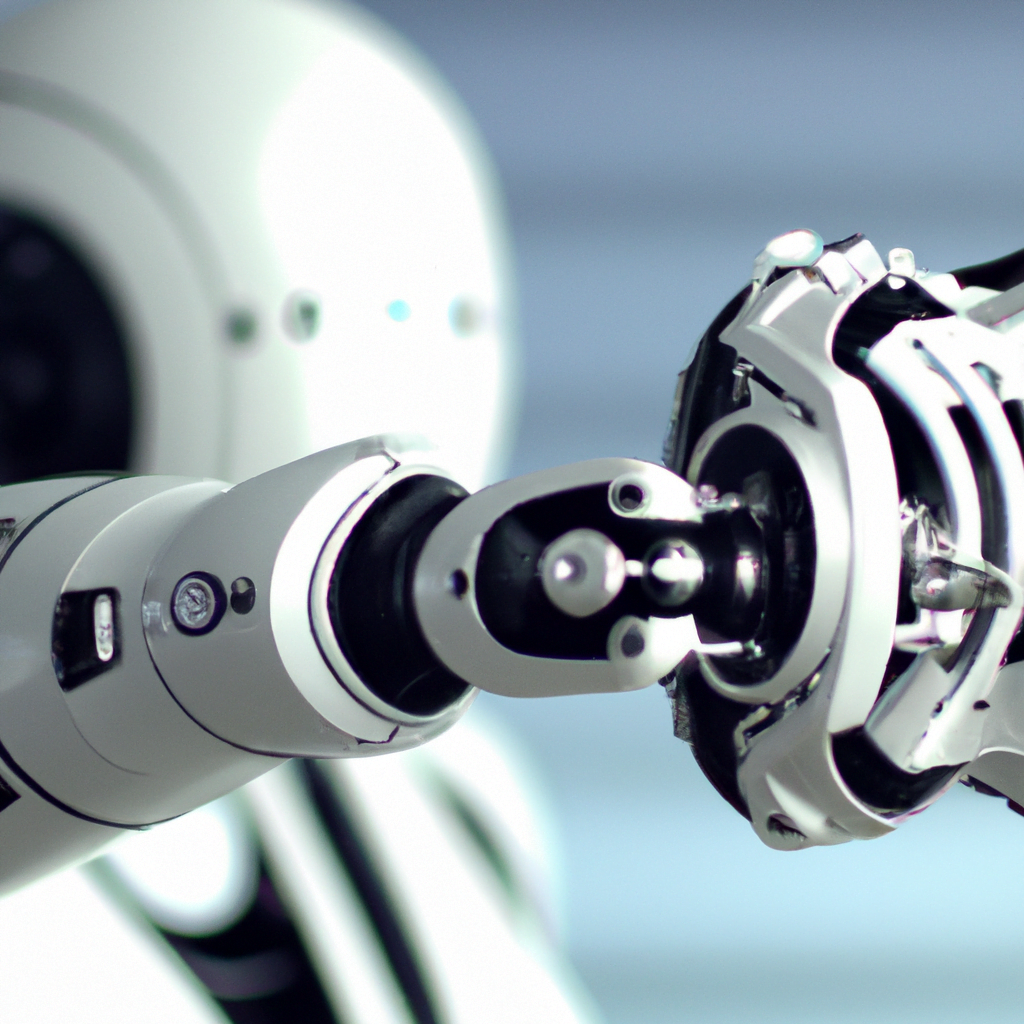Human brain cells to power future computers: A step towards true AI
A group of researchers from John Hopkins University and Cortical Labs in Melbourne have suggested that the time has come to develop a new type of computer that utilizes human brain cells. In their recent study published in Frontiers in Science, the team proposed that biological computers could outperform electronic computers for certain applications while consuming only a fraction of the electricity required by modern computers and server farms.
Their approach involves creating clusters of brain cells called organoids, grown from stem cells, which are about a third of the size of a fruit fly brain. The team aims to grow organoids with up to 10 million neurons, which is equivalent to the number of neurons in a tortoise brain. In comparison, the average human brain contains more than 80 billion neurons.

The researchers argue that the human brain still significantly outperforms machines for particular tasks, such as the ability to learn and distinguish between two types of objects with just a few samples. AI algorithms, on the other hand, require thousands of samples to achieve similar results. Although AI beat the world champion in Go in 2016, it was trained on data from 160,000 games—the equivalent of playing for over 175 years, five hours each day.
Moreover, brains are much more energy-efficient than computers. Our brains can store more than a million times the capacity of an average home computer (2.5 petabytes), using just a few watts of power. In contrast, US data farms use over 15,000 megawatts a year, with much of it generated by dozens of coal-fired power stations.
The researchers propose “”organoid intelligence,”” or OI, with brain organoids grown in cell culture. Although brain organoids aren’t “”mini-brains,”” they share key aspects of brain function and structure. To achieve OI, they would need to dramatically increase the number of cells from around 50,000 to 10 million.
Brett Kagan, chief scientist at Cortical Labs, and his team have already demonstrated that biocomputers based on human brain cells are possible. A recent study showed that a flat culture of brain cells could learn to play the video game Pong.
Kagan explained that the team can interact with living biological neurons in a way that compels them to modify their activity, leading to something that resembles intelligence. The team is currently trying to replicate their Pong-playing biocomputer with brain organoids.
The researchers believe that this new field of biocomputing promises unprecedented advances in computing speed, processing power, data efficiency, and storage capabilities—all with lower energy needs. Additionally, the technology could enable scientists to better study personalized brain organoids developed from skin or small blood samples of patients suffering from neural disorders, such as Alzheimer’s disease, and run tests to investigate how genetic factors, medicines, and toxins influence these conditions.






